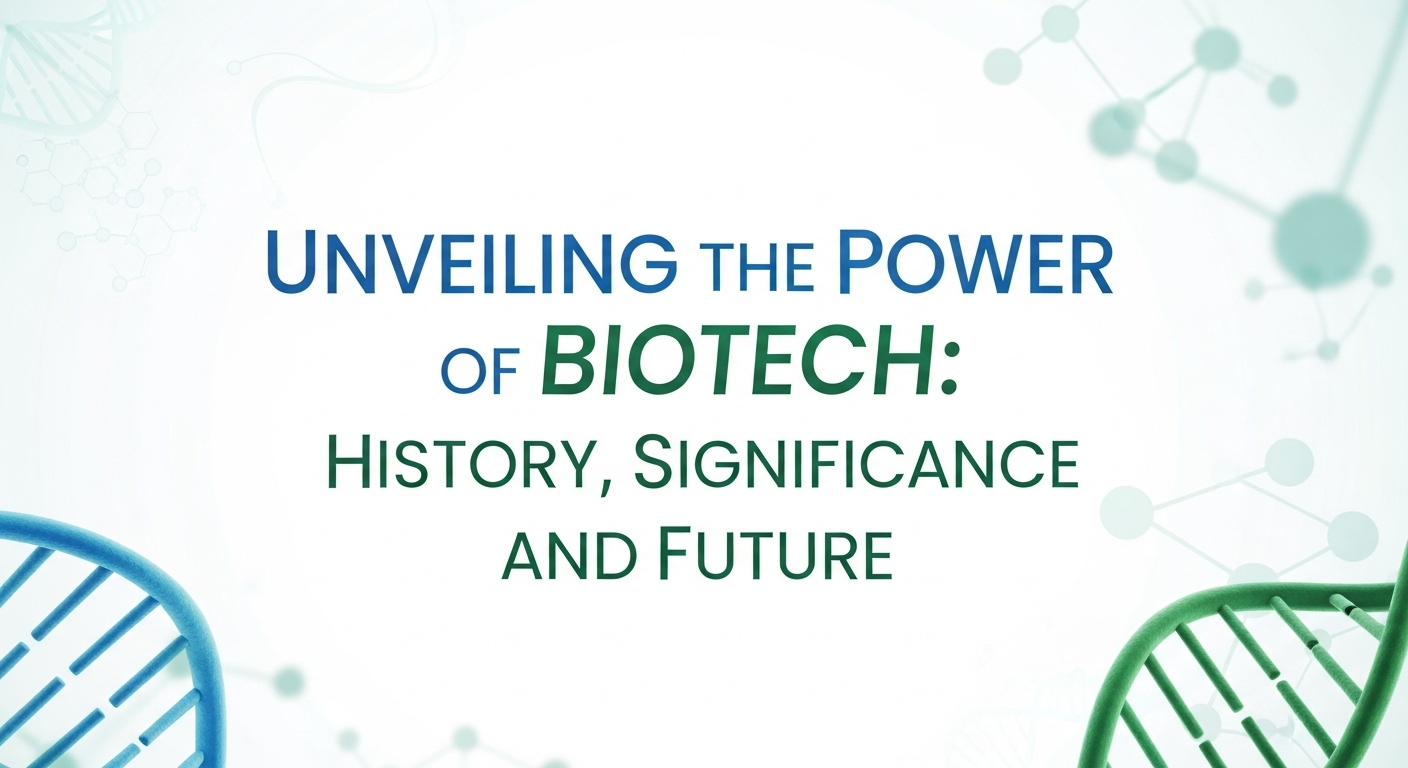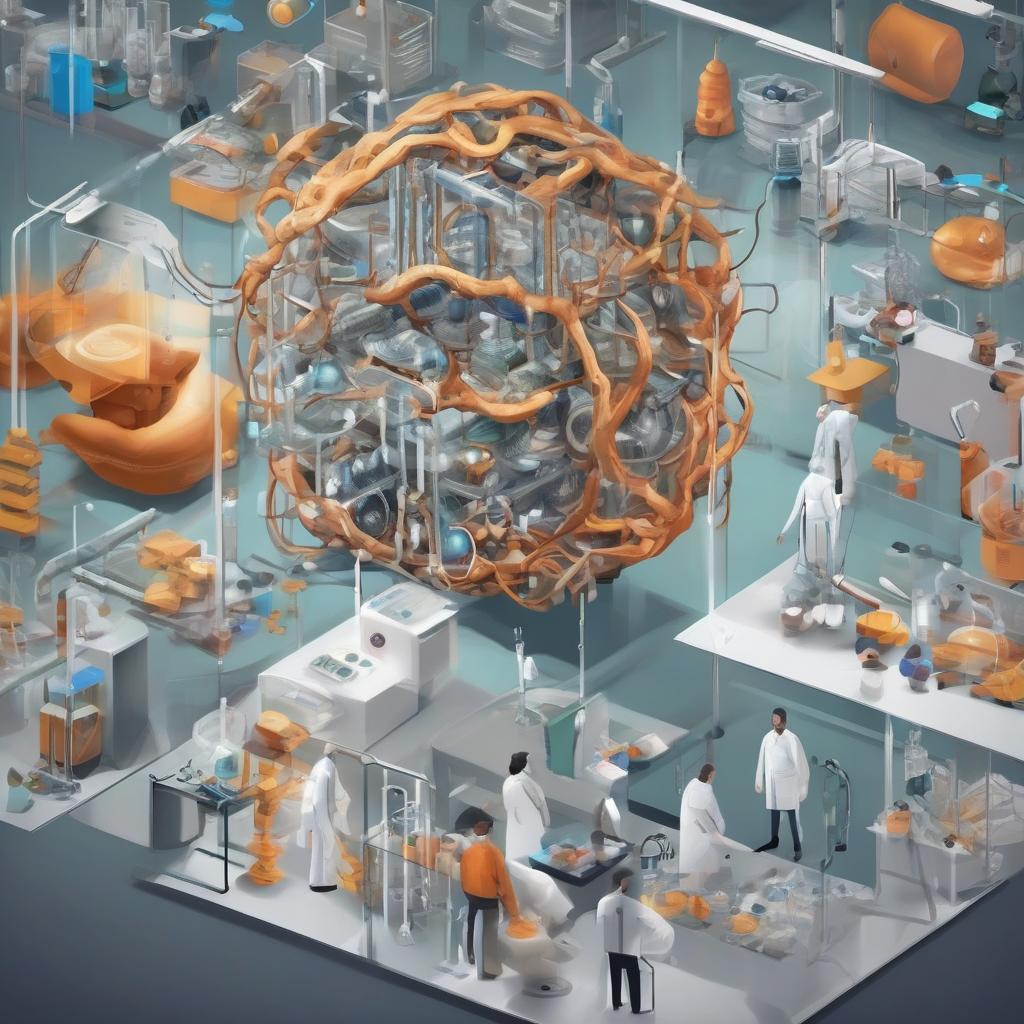Biotechnology, often shortened to biotech, is a fascinating field that merges biology with technology to develop innovative solutions for a wide range of industries. From healthcare to agriculture, biotechnology has revolutionized the way we approach various challenges and has the potential to shape the future in profound ways. In this blog post, we will explore the history, significance, applications, and future trends of biotech.
### History of Biotech
Biotechnology has ancient roots, with humans using fermentation techniques to produce bread, beer, and cheese for thousands of years. However, modern biotechnology as we know it today began in the 1970s with the development of genetic engineering techniques. The discovery of recombinant DNA technology allowed scientists to manipulate and transfer genes between different organisms, paving the way for the creation of genetically modified organisms (GMOs) and the production of valuable proteins such as insulin and growth hormones.
### Significance of Biotech
Biotechnology plays a crucial role in addressing global challenges such as food security, healthcare, and environmental sustainability. In agriculture, biotech crops have helped increase yields, reduce the need for pesticides, and improve nutritional content. In healthcare, biotechnology has led to the development of life-saving drugs, personalized medicine, and gene therapies that offer new treatment options for previously untreatable diseases. Additionally, biotech innovations have the potential to mitigate climate change by developing renewable energy sources, biofuels, and biodegradable materials.
### Applications of Biotech
The applications of biotechnology are diverse and encompass a wide range of industries. In medicine, biotech is used to develop vaccines, gene therapies, and diagnostic tools that help prevent and treat diseases. In agriculture, biotech crops are engineered to be resistant to pests and diseases, tolerate harsh environmental conditions, and provide higher nutritional value. In environmental biotechnology, microbial processes are employed to clean up polluted sites, produce biofuels, and reduce waste.
### Future Trends in Biotech
The future of biotechnology is promising, with advancements in fields such as synthetic biology, nanotechnology, and bioinformatics opening up new possibilities. Synthetic biology allows scientists to design and engineer biological systems for specific purposes, such as creating bio-based materials or designing custom organisms for industrial applications. Nanotechnology enables the manipulation of materials at the molecular level, leading to the development of novel drug delivery systems, diagnostic tools, and targeted therapies. Bioinformatics, on the other hand, involves the use of computational tools to analyze biological data and accelerate research in areas such as genomics, proteomics, and personalized medicine.
### Conclusion
In conclusion, biotechnology is a dynamic and rapidly evolving field that holds immense potential for addressing global challenges and improving the quality of life for people around the world. From its humble beginnings in ancient fermentation practices to the cutting-edge technologies of today, biotech continues to push boundaries and drive innovation across a wide range of industries. As we look to the future, the possibilities seem endless, with biotechnology poised to revolutionize healthcare, agriculture, energy, and the environment in ways we can only begin to imagine. Stay tuned as we witness the exciting developments that lie ahead in the world of biotech.


